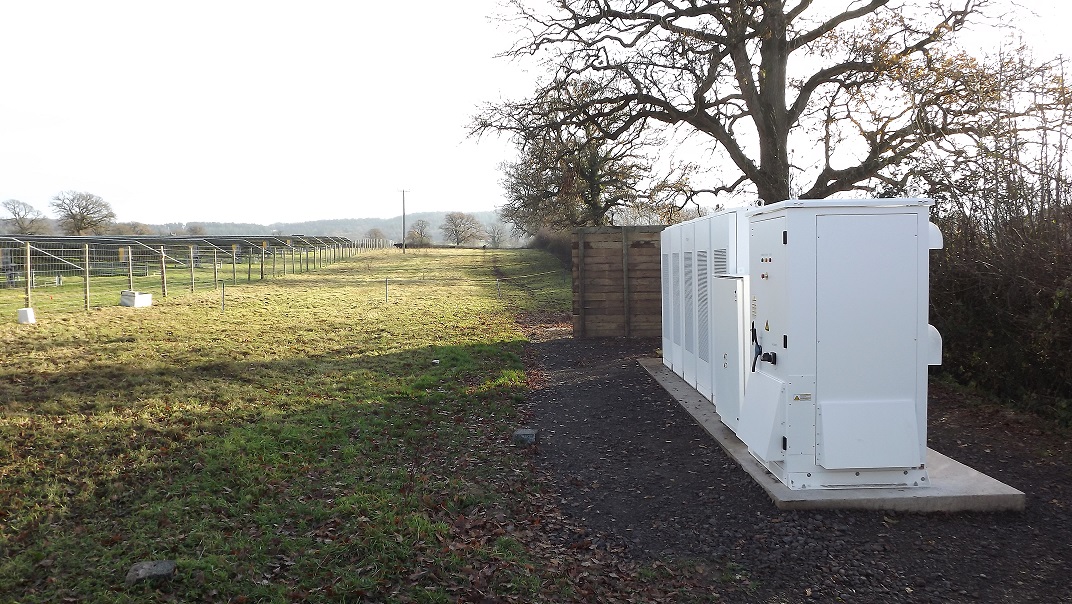
When UK prime minister Theresa May announced there would be a general election on 8 June, you could forgive the public a weary sigh at the thought of a third trip to the ballot box in as many years. And you could forgive those of us in the battery storage sector for wondering whether an election campaign might slow the industry’s momentum.
After all, the ink has barely dried on an industrial strategy that, amongst its numerous pillars, set lofty goals for the development of battery storage capacity in the UK, committing the country to innovation and becoming a world leader. Could the election campaign mean that impetus was lost ahead of Brexit negotiations that would dominate the political space, while possibly reducing access to electricity from the continent, making storage capacity with the UK grid more vital?
Enjoy 12 months of exclusive analysis
- Regular insight and analysis of the industry’s biggest developments
- In-depth interviews with the industry’s leading figures
- Annual digital subscription to the PV Tech Power journal
- Discounts on Solar Media’s portfolio of events, in-person and virtual
Or continue reading this article for free
Not if the Department of Business, Energy and Industrial Strategy’s (BEIS’) announcement of the ‘Faraday Challenge’ is anything to go by, with the launch of a £250 million (US$324.35 million) competition to develop battery storage technologies and batteries for electric vehicles (EVs) – focusing on innovation rather than continuing to support existing products.
This investment should be welcomed for two reasons. Firstly, the financial impetus will inevitably drive further developments in the sector. But secondly because it shows the seriousness with which the pillars of the industrial strategy are being pursued. And, irrespective of the outcome of the election, it is imperative that level of commitment is maintained after 8 June.
So how do we set about achieving the goals of the industrial strategy? How do we develop the necessary battery storage capacity and cement the UK’s status as a world leader in storage technology and innovation?
A strong start to build on
The UK is on its way to building the requisite storage capacity, and last year’s EFR tender means there are battery storage sites being developed across the country, including two by Low Carbon that will provide a total of 50 MW capacity. These sites are much needed. Last year we sourced six percent of our electricity from Europe, but there have been suggestions that access to cheap electricity from the continent could be reduced if the UK leaves the EU’s internal energy market as Brexit negotiations progress. If that happens, the storage capacity under development will have an important role in providing flexible capacity within the grid.
Second, we need to continue to promote innovation and the development of new products. These too, will be much needed. There is, and will likely continue to be, a significant increase in the deployment of electric vehicles, and while this will contribute to decarbonisation, there will be an impact on the grid that could require reinforcement.
The type of funding and investment announced by ministers will of course help this development – but all importantly will demonstrate the national level of commitment necessary to prompt further private sector investment in battery technology and new energy storage sites.
Finally, we need to trumpet our successes. We need to celebrate new sites as they come online but, most importantly, demonstrate our leadership of the storage space and innovation overseas. This again offers enticing opportunities to export the experience and expertise we have developed, at a time when we need to be securing both overseas investment and trade commitments. Our storage capabilities can become a valuable export, benefiting the British economy as we move into the post-Brexit world.
This is an exciting time for battery storage, and whatever the result of the election, it’s vital the Government remains committed to the goals of an ambitious industrial strategy.

